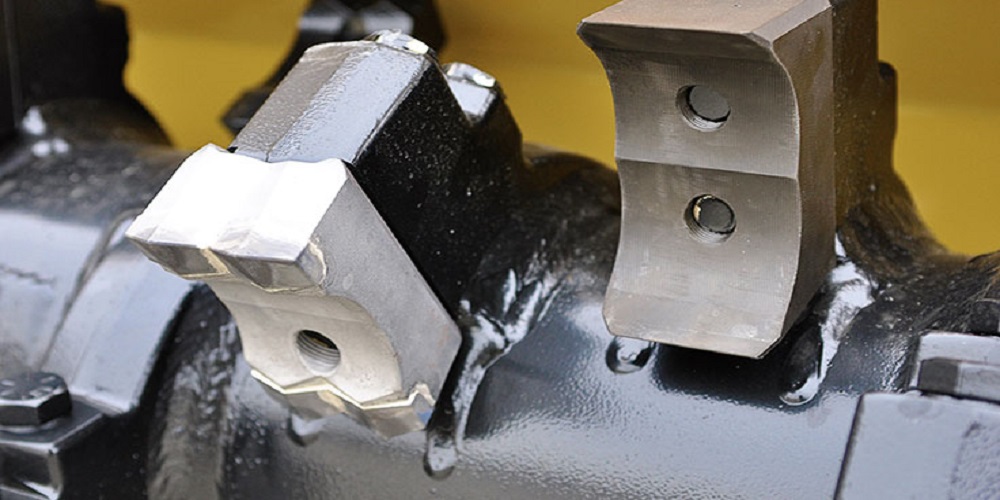Small cutting implements called “mulcher teeth” are fastened to a mulcher’s rotating drum. Branches, leaves, and other debris can be chopped and shredded into small pieces using these teeth. Mulchers are frequently used to clear land, manage weeds, and maintain vegetation in forestry, agriculture, and landscaping. The teeth of the mulcher greatly influence the effectiveness and performance of the mulcher. In this article, you will review the use, maintenance, and types of Mulcher Teeth.
Importance of Mulcher Teeth
The primary cutting components of a mulcher are its teeth. The caliber and layout of these teeth determine a mulcher’s effectiveness and efficiency. Reduced time and effort are needed for shredding thanks to the faster and finer cutting action of high-quality mulcher teeth. On the other hand, poor-quality mulcher teeth can harm the machine, diminish its performance, lengthen downtime, and increase repair expenses. Therefore, it’s crucial to pick the appropriate mulcher teeth for the job and take care of them.
Types of Mulcher Teeth
Mulcher teeth come in different types, each with its design and function. The following are the most typical kinds of mulcher teeth:
- Fixed Teeth: The most fundamental variety of mulcher teeth is fixed teeth. They are immovably fixed to the drum. Fixed teeth work best for tearing up soft vegetation like small branches and leaves.
- Flail Teeth: Flail teeth are more advanced than fixed teeth. They can independently move and are joined to a rotating shaft. For chopping up thicker branches and vegetation, flail teeth work best.
- Hammer Teeth: Hammer’s teeth are designed for heavy-duty shredding. They are joined to a rotating drum and have a flat, wide shape. Large branches and debris can be easily shredded using hammer teeth.
- Carbide Teeth: The strongest kind of mulcher teeth are made of carbide. They are constructed from a unique material that resists wear and tear. Hardwood and shrubs are two examples of tough vegetation that can be easily shredded with carbide teeth.
Maintenance of Mulcher Teeth
Mulcher teeth must be properly maintained to last and function properly. Here are some pointers for keeping mulcher teeth healthy:
- Keep the Teeth Sharp: Sharp teeth can shred vegetation faster and more efficiently. Dull teeth may harm the performance of the mulcher. Maintain regular tooth sharpening to ensure peak performance.
- Clean the Teeth: Clean the teeth after each use to remove debris and prevent corrosion. To clean the teeth, use compressed air or a wire brush.
- Replace Worn Teeth: Worn teeth can cause damage to the mulcher and reduce its performance. Replace damaged teeth as soon as you can to prevent expensive repairs.
- Choose the Right Teeth: Choose the right mulcher teeth for the job. For various types of vegetation, there are multiple types of teeth. The mulcher’s performance may be harmed if the wrong kind of teeth is used.
Conclusion
In conclusion, a mulcher’s teeth are a necessary part. Reduced time and effort are needed for shredding thanks to the faster and finer cutting action of high-quality mulcher teeth. There are various mucker teeth, each with its structure and purpose. Mulcher teeth must be properly maintained to last and function properly. Regularly sharpen the teeth, clean them after each use, and quickly replace worn ones. Following this article’s advice, you can ensure your mulcher runs smoothly and effectively.


